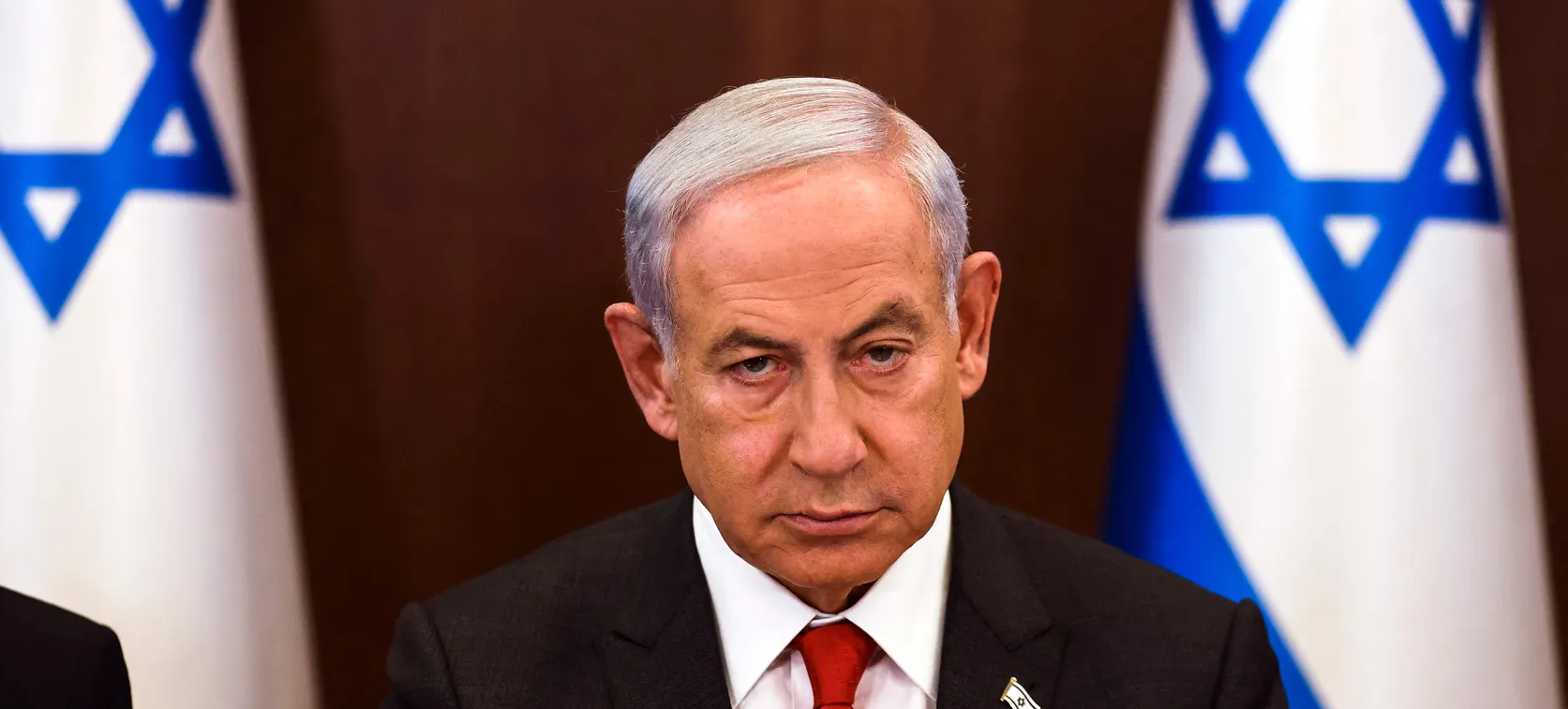Israeli Prime Minister Benjamin Netanyahu’s recent declaration — “We will not accept the establishment of any caliphate on the Mediterranean coast, and the response will be harsh” — as reported by RT Arabic on 21 April 2025, is not simply a threat of war. It is a confession. A confession that the decades-old order — maintained by Western military dominance, artificial borders, and regimes loyal to foreign capitals — is collapsing under the weight of its own contradictions. And what is rising in its place is what the West has feared for over a century: the return of a confident, politically awakened Islamic civilisation.
For over seventy years, the Muslim world has been ruled largely by post-colonial regimes — installed, backed, and armed by Western powers to serve as buffers against Islamic political revival. These were never truly sovereign governments. Whether monarchies, military juntas, or so-called republics, they existed to manage dissent, not represent their people. But those regimes — from Cairo to Riyadh, from Amman to Abu Dhabi — have now outlived their expiration date.
Popular uprisings, simmering unrest, and generational disillusionment provide clear evidence. The Arab Spring was just the beginning. Though brutally crushed in places like Egypt and Syria, it exposed a deep truth: the Muslim masses no longer trust their rulers, and no longer buy into the legitimacy of Western-imposed systems. In Jordan, mass protests over IMF-imposed austerity measures have become almost routine. In Tunisia, the so-called “success story” of democracy has crumbled under economic collapse and political paralysis. Even in Saudi Arabia — long the West’s favourite client — Crown Prince Mohammed bin Salman faces growing resistance masked behind his PR-driven “reforms.”
These regimes are no longer effective, even from the perspective of their Western patrons. They are liabilities — brittle, unpopular, and constantly teetering on the edge of internal collapse. Their usefulness as instruments of stability or pro-Western influence is rapidly diminishing. Washington, London, and Paris once needed these rulers to keep the region quiet. Now they merely try to contain the inevitable fallout.
Netanyahu’s invocation of a “caliphate” is particularly revealing. It is not a term used lightly in diplomatic circles. In the Western imagination, it conjures up images of chaos and extremism. But for millions of Muslims, it represents something far more profound: an alternative. A comprehensive model of governance rooted in divine law, not Western secularism. A civilisation defined not by IMF debt ceilings or UN resolutions, but by prophetic vision and Qur’anic values.
This is why even the idea of a caliphate on the Mediterranean coast terrifies the existing order. It’s not about Yemen’s rockets or Hezbollah’s arsenal. It’s about symbolism. It’s about the return of a political vision that transcends flags, nations, and puppet presidents — and that directly challenges the legitimacy of both Zionism and Western imperialism.
The last time such a vision emerged — in the form of the Prophet Muhammad’s ﷺ state in Medina — the Quraysh responded with similar panic and repression. But their hostility only accelerated their own decline. They could not stop the march of Islam then, and those trying to stop it today — Netanyahu, Biden, Macron, and their Arab counterparts — are equally powerless in the face of a resurgent ummah.
The Muslim youth — whether in Gaza’s ruins, Yemen’s highlands, the streets of Tripoli, or the campuses of London and Paris — are increasingly united by one conviction: we are not the products of Sykes-Picot. We are the descendants of Khilafah. Our history does not begin with Western occupation, and it will not end with Western peace deals.
What Netanyahu fears is not military confrontation. It is the collapse of an entire worldview — one in which the Muslim world remains forever divided, subservient, and silent. That world is dying. Its rulers are discredited. Its ideologies have failed. And its time is up.
The question now is not whether the Islamic world will rise again under a unified political vision — but when, and how soon.
Need Help?
-
[email protected]
-
Follow us on Instagram
-
Follow us on TikTok
